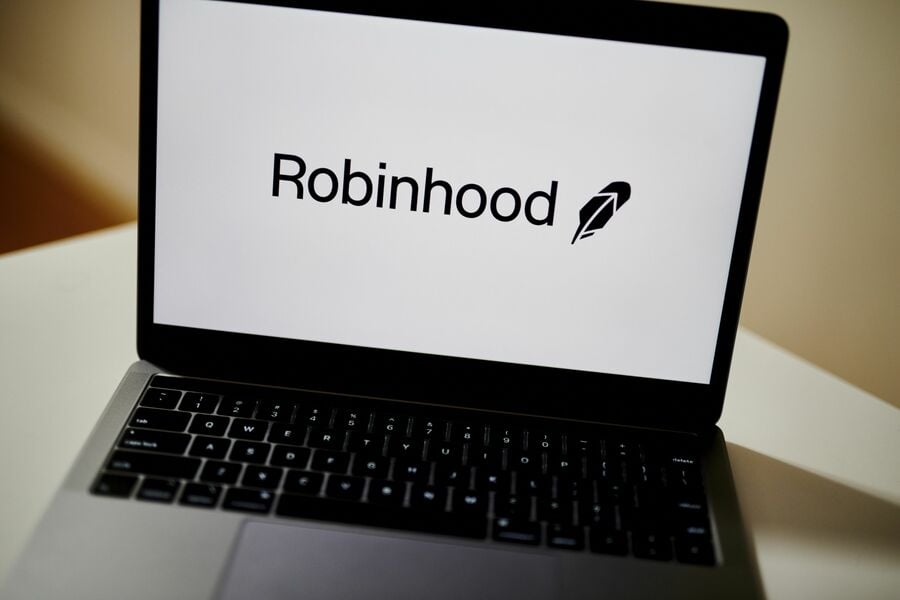

Robinhood Markets Inc. was supposed to upend the way people trade. Instead, the way people trade is starting to upend Robinhood.
Less than a year into its run as a public company, Robinhood is dismissing 9% of its 3,800-person workforce. The Silicon Valley startup that once threatened to challenge Wall Street said that after a period of “hyper growth” and robust hiring in 2020 and early 2021, it was left with too much overlap.
“This rapid headcount growth has led to some duplicate roles and job functions, and more layers and complexity than are optimal,” Chief Executive Officer Vlad Tenev said Tuesday in a statement.
One of last year’s hottest initial public offerings has all but collapsed since. The stock fell 3.4% to $9.67 at 9:32 a.m. in New York Wednesday. It has plunged 75% since its debut.
The online brokerage exploded in popularity during the pandemic, as new investors used its app to trade through wild market swings, including run-ups in meme stocks and cryptocurrencies. But trading activity, which makes up the bulk of the firm’s revenue, started to wane, and none of its recent offerings — including crypto wallets and a debit card — have helped stem the decline.
Robinhood, which is scheduled to report first-quarter results after U.S. markets close on Thursday, missed Wall Street’s revenue estimates for the previous two periods and has racked up more than $2 billion of losses since the IPO.
Lower retail participation in the stock market is starting to set in as a new reality for Robinhood and other brokerages. About 17% of U.S. equity trading volume came from retail investors in early March, down from a peak of 24% in the first quarter of last year, according to estimates from Bloomberg Intelligence analysts Jackson Gutenplan and Larry Tabb.
Robinhood fueled its growth by catering to a subset of investors that established brokers had largely forsaken — small-time accounts with just a few hundred dollars. The Menlo Park, California-based firm popularized zero-fee stock trading, appealing to market newcomers who didn’t want to pay $5 to place each trade. As of last year, the median Robinhood customer had a balance of just $240.
But big competitors caught up, and now commission-free trading is standard practice in the industry. Meanwhile, as Robinhood works on new features, it doesn’t have some of the buffers that incumbent firms do to weather periods of subdued trading activity.

Relationships are key to our business but advisors are often slow to engage in specific activities designed to foster them.

Whichever path you go down, act now while you're still in control.

Pro-bitcoin professionals, however, say the cryptocurrency has ushered in change.

“LPL has evolved significantly over the last decade and still wants to scale up,” says one industry executive.

Survey findings from the Nationwide Retirement Institute offers pearls of planning wisdom from 60- to 65-year-olds, as well as insights into concerns.
Streamline your outreach with Aidentified's AI-driven solutions
This season’s market volatility: Positioning for rate relief, income growth and the AI rebound
